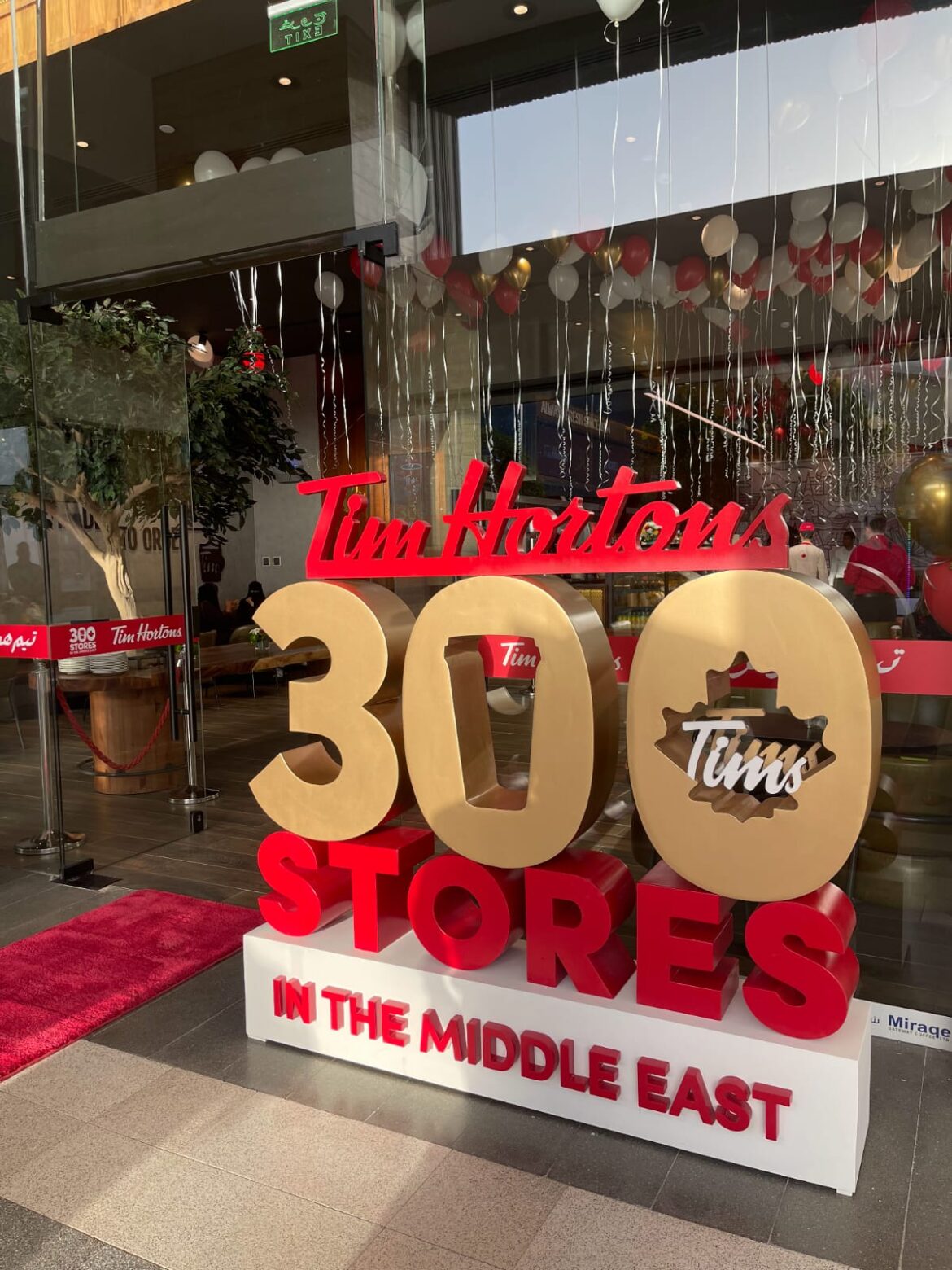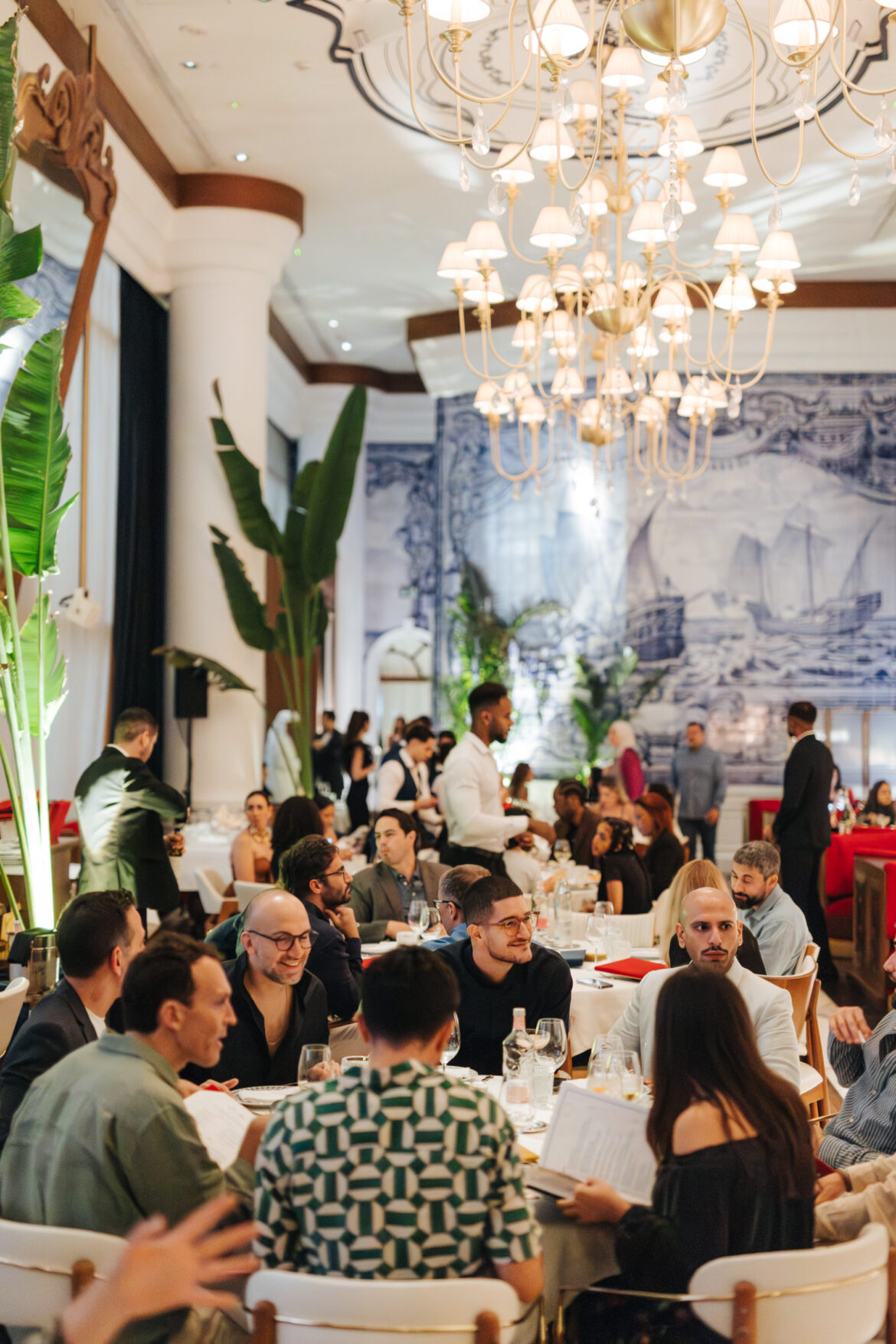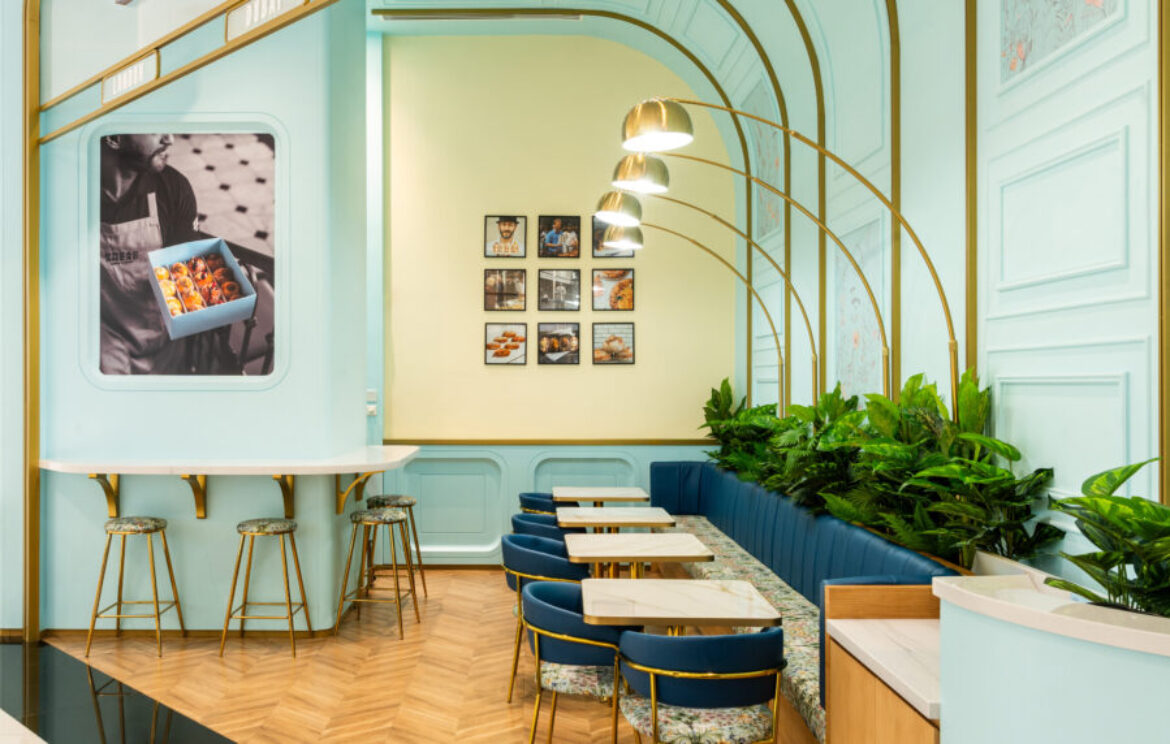
Kickstart your morning with a lavish homemade breakfast menu from The Grazer. Whipped up with organic and clean ingredients, this hearty and unlimited breakfast experience is a paradise for breakfast lovers looking to nourish their souls and add pep to their day. Whether you’re seated inside or enjoying their spacious outdoor seating, you can have breakfast and delight in the intimacy of family time while savouring the finest delicacies, such as The Grazer’s signature French Toast and Eggs Benedict or the Truffle Fried Poached Eggs, Shakshuka, Homey Vegan Pancake, Avocado on Toast, and Organic Homey Crepes.
Read more










